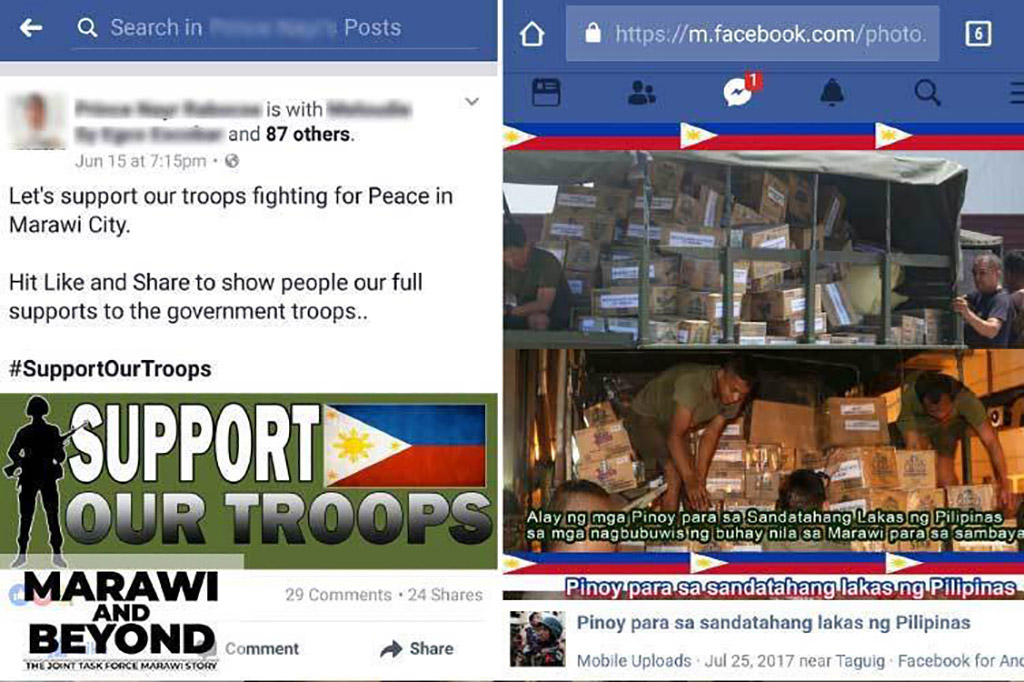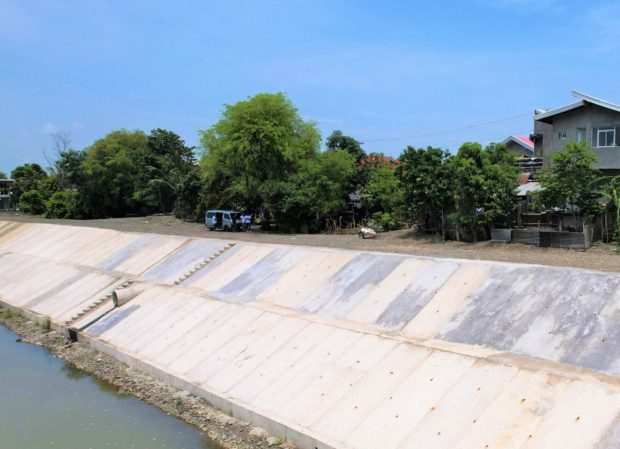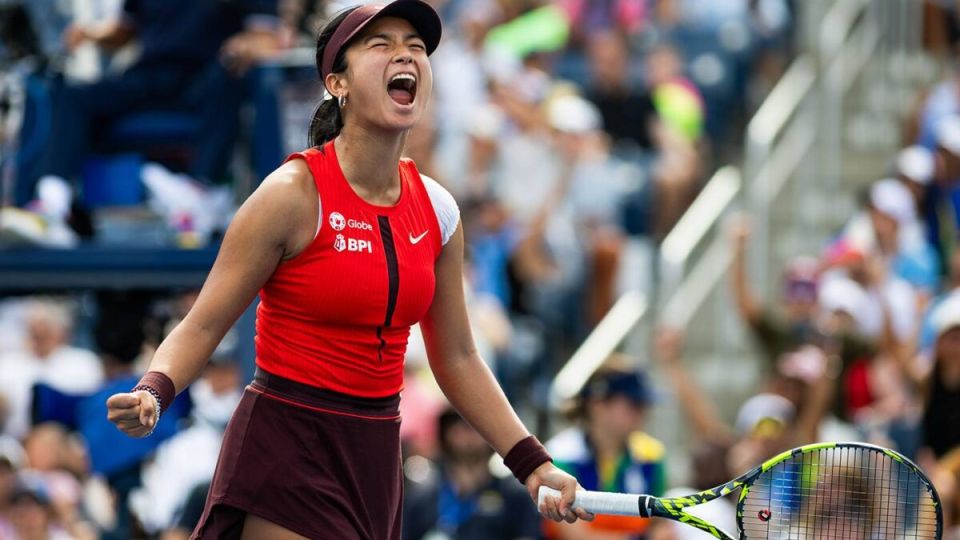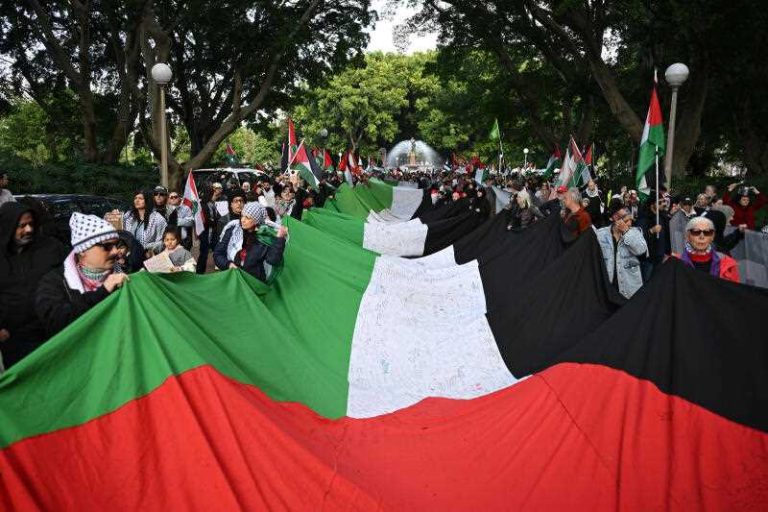National
Challenges and Hope for Journalism in Post-Siege Marawi
Juancho Mabini
05 Nov, 2025

MARAWI, Philippines – In the aftermath of the 2017 Marawi siege, the flow of accurate information faced severe disruption as social media platforms, particularly Facebook, became the primary news outlets for residents. These citizen-led pages, often anonymous and unregulated, rapidly supplied updates but frequently at the cost of journalistic integrity and factual accuracy.
Numerous Facebook pages, such as Marawi News Online and Marawi City Bayan Patrol, have amassed large followings while routinely reposting unverified content lifted without consent from established news organizations. Posts often blended personal opinion with purported news, blurring the lines between fact and fiction and contributing to persistent public confusion.
MJournal, another influential page, marked by its claims of nonpartisanship, conducted election-related polls whose results diverged notably from official election outcomes. Despite maintaining a veneer of professionalism, its anonymous administrators and lack of accountability raise questions about credibility. Local observers suspect multiple pages may be operated by the same entities, further complicating information reliability.
Mindanao State University journalism professor Sorhaila Latip remarked, "Anyone can claim they are journalists," underscoring the challenges posed by anonymous social media actors. Meanwhile, state-run Radyo Pilipinas-Marawi has reported instances of its content being lifted and republished without attribution by these pages, further undermining professional journalism's role.
Attempts to address misinformation, including direct appeals and police reports, have largely been ineffective due to the administrators' concealment behind anonymity. When contacted, only MJournal responded, asserting adherence to journalistic values but declining to reveal its operators.
In contrast to these anonymous groups, community-based initiatives like S’bang Ka Marawi, supported by nonprofit organizations such as IDEALS, represent a growing force for citizen journalism. Since its founding in 2017, the platform has evolved from a radio station to a digital community news outlet with dedicated local reporters. Stringers like Nurainie Rakim have provided meaningful coverage, especially during the recent 2025 local elections, emphasizing the power of storytelling from within the community.
However, journalism in Marawi continues to navigate complex cultural dynamics. The Meranaw concept of maratabat, emphasizing honor and respect toward elders and authority figures, exerts significant influence. As Latip explains, "By contextualizing the story and framing it with sensitivity to the community, there will be no threats to journalists." This cultural imperative often results in self-censorship, limiting critical inquiry and shaping how stories are told.
MSU journalism chair Maria Ninotchka Herrera acknowledges this tension, stating, "To tone down stories for safety defeats the very purpose of reporting." Yet, recognizing the real risks journalists face, she stresses that safety must remain paramount in pursuit of press freedom.
The media landscape in Marawi remains deeply intertwined with local political powers. Most mainstream media outlets are under political family control, granting them disproportionate influence. For example, Radio Dansalan FM affords exclusive airtime to the Gandamra and Adiong families, marginalizing political rivals and blurring the boundary between media and political advocacy.
This concentration compromises the media's watchdog role, allowing disinformation to persist while leaving many residents dependent on a limited array of biased sources. The challenges of professional journalism amid political entanglements, cultural sensitivities, and security threats ultimately impact the community’s access to truthful, accountable information.
Despite these hurdles, educators and citizen journalists remain hopeful. Herrera believes that sustained efforts in media education and community reporting are laying a foundation for gradual progress. "Maybe not in my lifetime," she reflects, "but the efforts we put into pushing for progress are already a stepping stone."
Marawi’s experience underscores the critical need for reliable, culturally aware journalism to support democratic processes and community resilience in areas recovering from conflict.
Recommended For You

DTI Introduces Affordable Fee Structure for E-Commerce Philippine Trustmark to Support SMEs
Nov 05, 2025
Ligaya Almeda

DPWH Accused of Tampering with Documents in Flood Control Project Investigation
Nov 05, 2025
Teofilo Abad

Filipina Tennis Pro Alex Eala Tops Seeds Ahead of Jingshan Tennis Open 2025
Nov 05, 2025
Ligaya Almeda

Israel Condemns UK, Canada, and Australia for Recognizing Palestinian State
Nov 05, 2025
Dorotea Balagtas
